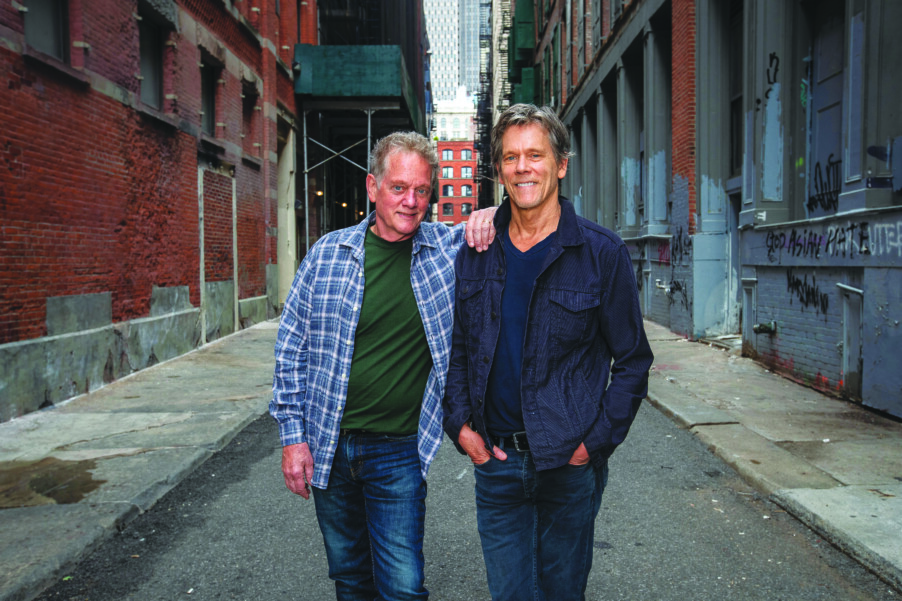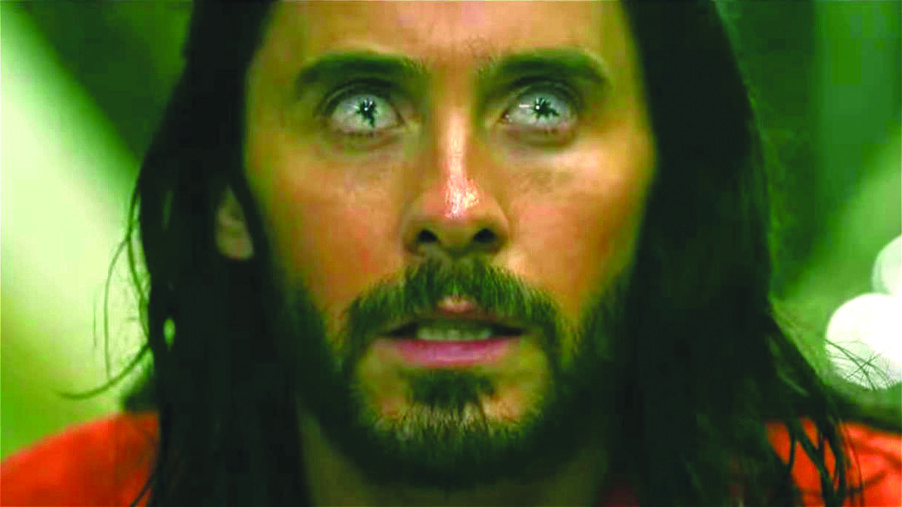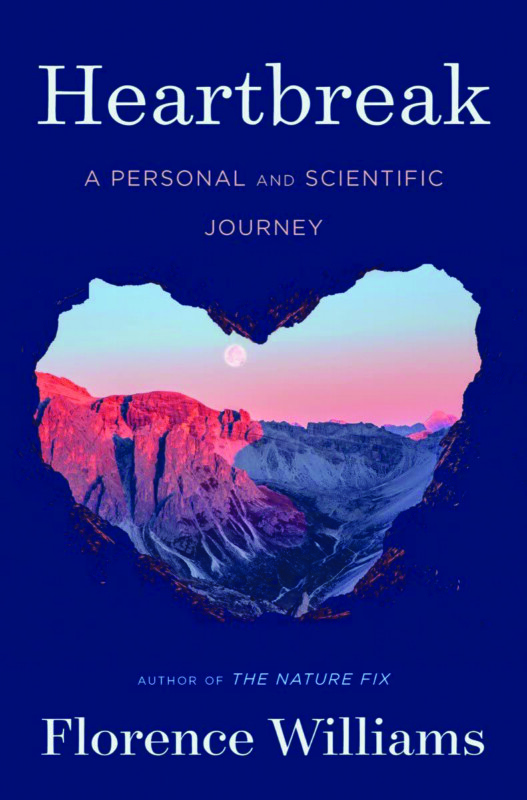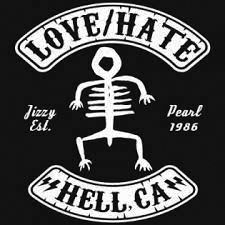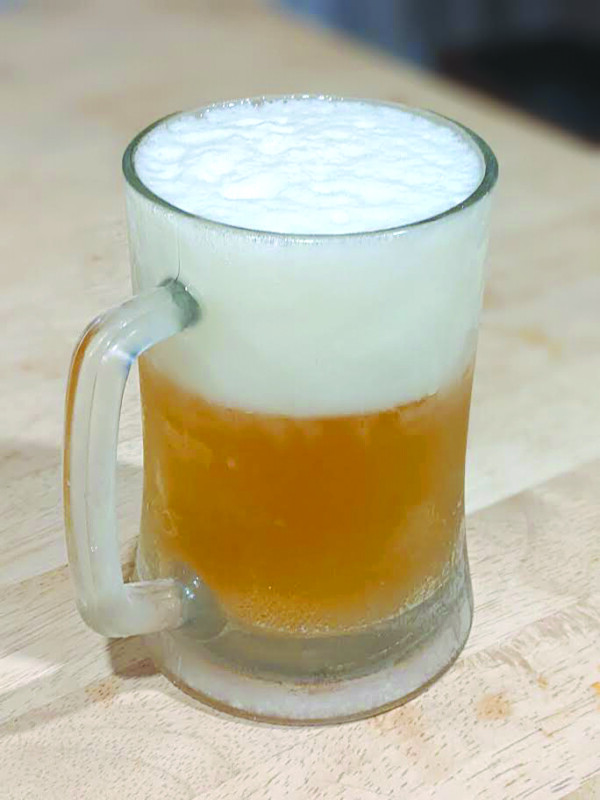Heartbreak, by Florence Williams (W.W. Norton & Co., 279 pages)
Like termites and prairie voles, human beings seem made for monogamy or, to be precise, “pair-bonding.” We are among the 2 to 10 percent of animals who organize their lives in pairs, even if there is some occasional straying involved. (Even more remarkably, about 90 percent of birds have lifelong mates.)
But bereavement happens, either in death or divorce, and as the Irish rock band The Script told us, when a heart breaks, it don’t break even. That was the experience of journalist Florence Williams, whose 2017 book The Nature Fix explored why being outdoors makes us happier and healthier. Her new book is a “personal and scientific journey” into why breakups hurt so much, and while she’s primarily talking about divorce, the science also applies to grief over the death of a loved one.
Between 10 and 15 percent of divorced and bereaved people experience a debilitating inability to get past their heartbreak, a condition known as bereavement disorder or complicated grief. Williams doesn’t put herself into that category, but she was devastated when her husband of 25 years announced that he was moving out to find his soulmate when she was 50.
While she was able to function well enough, taking care of her children and continuing her work, she was shocked at the depth of her pain. She stopped eating and lost 20 pounds. “I felt power-washed by sadness and anxiety. I looked like a stray animal who was trying to paw her way out of a kill-shelter,” she writes.
Trying to understand why it was so difficult for her to recover, Williams began doing research, interviewing therapists and researchers who study love and loss. She learned that love is as much of a survival drive as it is an emotion, and that stress hormones increase even when monogamous partners are separated for a short time. When a longtime partner vanishes forever, the loss kindles ancient and evolutionary responses: the loss of safety and inclusion that are necessary for our well-being, the loss of connection to extended family, the loss of resources.
Having a stable relationship is even integral to our physical health: “Scores of robust studies across different cultures have shown that married people live longer, experience fewer cancers, strokes, and heart attacks, are more likely to survive serious illnesses, and are less likely to be depressed and overweight.”
Learning all this, of course, made Williams feel even worse. (“I was like, Please stop talking,” she wrote.) So she went to therapy. She gave lots of speeches. She accepted the invitation of a scientist — a divorced friend of a friend — to make out after a party under a cottonwood tree.
Here, Williams is able to show off that she is not just an able investigator and reporter, but an elegant wordsmith. She writes of that encounter with the scientist: “My hard little heart hiccuped and started to soften, along with everything else.”
Unfortunately, Williams’ first post-divorce swim in the dating pool didn’t end well, for deeply uncomfortable reasons, and her continued contact with this man may cause the reader to question her judgment. So, too, her inability to keep up with small things in the aftermath of her husband’s leaving. (She drove for months with an expired car registration, she admits.)
But an even harder reality arrives when Williams’ continued weight loss is finally diagnosed as Type 1 diabetes, which is most commonly diagnosed in children. She learned that high levels of cortisol can affect the production and regulation of insulin, and inflammation markers rise with sustained stress. One researcher told her of the “cellular carnage” of heartbreak, “This is one of the hidden landmines of human existence.”
At this point, the narrative becomes a confluence of Cheryl Strayed’s Wild and Williams’ own The Nature Fix. She resolutely sets out to heal her heart before her heartbreak kills her, on a wilderness trip in search of awe. This wasn’t just an emotional experiment, but a scientific one: She had her blood drawn before and after the trip to see if her health measures had improved.
Williams set out looking for prescriptions to easily fix her broken heart; readers who go to this book looking for the same might be disappointed. There’s no broken-heart pill; that gold mine still awaits anyone who might invent it, and even her experiments with psychedelic drugs didn’t seem to help.
But Williams’ journey is interesting and her research solid, and anyone suffering from a heartbreak of their own might benefit from her story. Just stay away from any scientist named Ennis who wants to kiss you under a cottonwood tree. B+
Book Notes
It’s probably no surprise that a memoir released in November was near the top of the charts on Amazon last week.
The author: actor Will Smith (assisted by a co-author, Mark Manson). Last year, Oprah Winfrey called it “the best memoir I’ve ever read,” and as everyone knows, she reads a lot. I read the opening when it first came out, but just re-read the first chapter in a new light, after Will’s assault of comedian Chris Rock at the Academy Awards.
The opening sentences of Chapter 1: “I’ve always thought of myself as a coward. Most of my memories of my childhood involve me being afraid in some way — afraid of other kids, afraid of being hurt or embarrassed, afraid of being seen as weak.” The memoir, Will, is from Penguin Press, 432 pages.
Not taking a side here, but Chris Rock has written a book, too. It came out in 1997, and Winfrey didn’t say a word, although the first page is literally a bit about her leaving a message on his answering machine declining to feature it in her book club. Rock This! is from Hyperion, 224 pages, and also in paperback.
Meanwhile, there’s a new book out about the Academy Awards that necessarily omits the most interesting thing that’s happened in years, as it was published in February. Best Pick (Rowman & Littlefield, 332 pages) has three authors: John Dorney, Jessica Regan and Tom Salinsky. They take us on a history of Oscars beginning in the 1920s, with close-ups of the best pictures and the authors weighing in on whether the Oscar was deserved. Looks like a winner.
If you care nothing about film and would rather be outdoors, you might be interested in Riverman, An American Odyssey (Deckle Edge, 272 pages) by Ben McGrath. It’s about the life of Dick Conant, a folk hero who traversed the country’s rivers alone in a canoe before disappearing in North Carolina while he was on his way from New York to Florida. McGrath has written about Conant before in The New Yorker; he expounds on those stories to fill in the details of Conant’s life, if not his death, which remains a mystery.
Book Events
Author events
• MAGGIE SHIPSTEAD Author presents The Great Circle. Virtual event hosted by Gibson’s Bookstore in Concord. Wed., April 13, 6 p.m. Registration required. Visit gibsonsbookstore.com or call 224-0562.
• EMMA LOEWE Author presents Return to Nature: The New Science of How Natural Landscapes Restore Us, in conversation with author Hannah Fries. Virtual event hosted by Gibson’s Bookstore in Concord. Wed., April 13, 7 p.m. Registration is required. Held via Zoom. Visit gibsonsbookstore.com or call 224-0562.
• MARIE BOSTWICK Author presents her new book The Restoration of Celia Fairchild. Bookery, 844 Elm St., Manchester. Fri., April 15, 5:30 p.m. Visit bookerymht.com or call 836-6600.
• ANNE HILLERMAN Author presents The Sacred Bridge. Virtual event hosted by Gibson’s Bookstore in Concord. Tues., April 19, 7 p.m. Held via Zoom. Registration is required. Visit gibsonsbookstore.com or call 224-0562.
• BRANDON K. GAUTHIER Author presents Before Evil: Young Lenin, Hitler, Stalin, Mussolini, Mao, and Kim. Gibson’s Bookstore, 45 S. Main St., Concord. Wed., April 27, 6:30 p.m. Visit gibsonsbookstore.com or call 224-0562.
Poetry
• REBECCA KAISER Poet presents Girl as Birch. Virtual event hosted by Gibson’s Bookstore in Concord. Mon., April 11, 7 p.m. Held via Zoom. Registration is required. Visit gibsonsbookstore.com or call 224-0562.
• DOWN CELLAR POETRY SALON Poetry event series presented by the Poetry Society of New Hampshire. Monthly. First Sunday. Visit poetrysocietynh.wordpress.com.
Writers groups
• MERRIMACK VALLEY WRITERS’ GROUP All published and unpublished local writers who are interested in sharing their work with other writers and giving and receiving constructive feedback are invited to join. The group meets regularly; the next meeting is scheduled for Tues., April 5, from 5 to 7:15 p.m., and will be held virtually over WebEx Meetings. To reserve your spot, email pembrokenhtownlibrary@gmail.com.
Writer submissions
• UNDER THE MADNESS Magazine designed and managed by an editorial board of New Hampshire teens under the mentorship of New Hampshire State Poet Laureate Alexandria Peary. features creative writing by teens ages 13 to 19 from all over the world, including poetry and short fiction and creative nonfiction. Published monthly. Submissions must be written in or translated into English and must be previously unpublished. Visit underthemadnessmagazine.com for full submission guidelines.
Book Clubs
• BOOKERY Monthly. Third Thursday, 6 p.m. 844 Elm St., Manchester. Visit bookerymht.com/online-book-club or call 836-6600.
• GIBSON’S BOOKSTORE Online, via Zoom. Monthly. First Monday, 5:30 p.m. Bookstore based in Concord. Visit gibsonsbookstore.com/gibsons-book-club-2020-2021 or call 224-0562.
• TO SHARE BREWING CO. 720 Union St., Manchester. Monthly. Second Thursday, 6 p.m. RSVP required. Visit tosharebrewing.com or call 836-6947.
• GOFFSTOWN PUBLIC LIBRARY 2 High St., Goffstown. Monthly. Third Wednesday, 1:30 p.m. Call 497-2102, email elizabethw@goffstownlibrary.com or visit goffstownlibrary.com
• NASHUA PUBLIC LIBRARY Online. Monthly. Second Friday, 3 p.m. Call 589-4611, email information@nashualibrary.org or visit nashualibrary.org.

